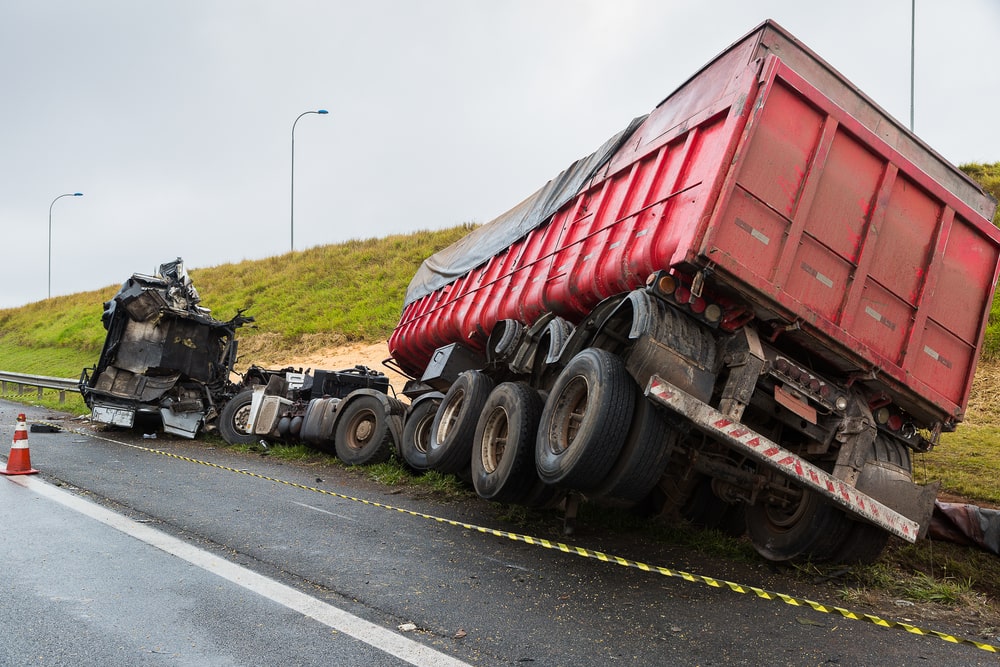Logging trucks play a crucial role in the forestry industry, transporting heavy loads of logs from forests to processing facilities. However, these massive vehicles, often carrying unsecured or improperly loaded cargo, pose serious risks to other motorists. Logging truck accidents can result in catastrophic injuries or fatalities, leaving victims and their families facing a long road to recovery. When accidents involving logging trucks occur, the legal complexities that follow can be overwhelming. Understanding the unique legal challenges in logging truck accident cases is essential for anyone affected by such a collision.
1. Multiple Liable Parties
One of the primary legal challenges in logging truck accident cases is identifying the responsible party or parties. In many cases, the truck driver may not be the only one at fault. Several parties could share responsibility, including:
- The Trucking Company: Employers may be held accountable for the actions of their drivers, especially if they failed to provide proper training, overworked the driver, or neglected vehicle maintenance.
- Cargo Loaders: Logging truck accidents can result from improperly loaded or unsecured cargo, causing logs to shift or fall from the truck. In such cases, the company or individuals responsible for loading the truck may be held liable.
- Equipment Manufacturers: If the accident is caused by faulty equipment or mechanical failure, such as a brake malfunction, the manufacturer of the defective part may share responsibility.
Determining liability requires a thorough investigation by an experienced logging truck accident lawyer, who can identify the various parties involved and hold them accountable.
2. Regulatory Compliance
The logging industry is subject to numerous regulations, particularly when it comes to the transportation of heavy loads. Logging trucks are often required to comply with federal and state laws governing weight limits, securing cargo, and driver rest hours. When an accident occurs, one of the legal challenges is determining whether these regulations were violated and if those violations contributed to the crash.
For example, overloading a logging truck beyond its weight capacity or failing to properly secure the logs can result in a higher risk of accidents. A skilled lawyer from Johnston | Martineau PLLP will review maintenance records, driver logs, and cargo loading procedures to determine if any violations occurred.
3. Complex Evidence Gathering
Logging truck accident cases often require extensive evidence gathering to prove negligence. This process can be complicated due to the remote locations where logging operations take place and the specialized nature of the industry. Key pieces of evidence might include:
- Accident Scene Data: Lawyers may need to work with accident reconstruction experts to analyze skid marks, vehicle damage, and road conditions.
- Truck Maintenance Records: These records help determine whether the truck was properly maintained or if mechanical failures contributed to the accident.
- Driver Logs: Examining driver logs can reveal whether the driver was following required rest periods or if they were pressured to meet unrealistic delivery deadlines.
A logging Truck Accident Lawyer will know how to access and preserve this critical evidence, which may otherwise be difficult to obtain.
Conclusion
Logging truck accident cases present unique legal challenges that require a thorough understanding of the industry, regulations, and liability issues. By identifying all responsible parties, gathering complex evidence, and navigating insurance disputes, a skilled lawyer can help victims of logging truck accidents overcome these challenges and seek the justice and compensation they deserve.


